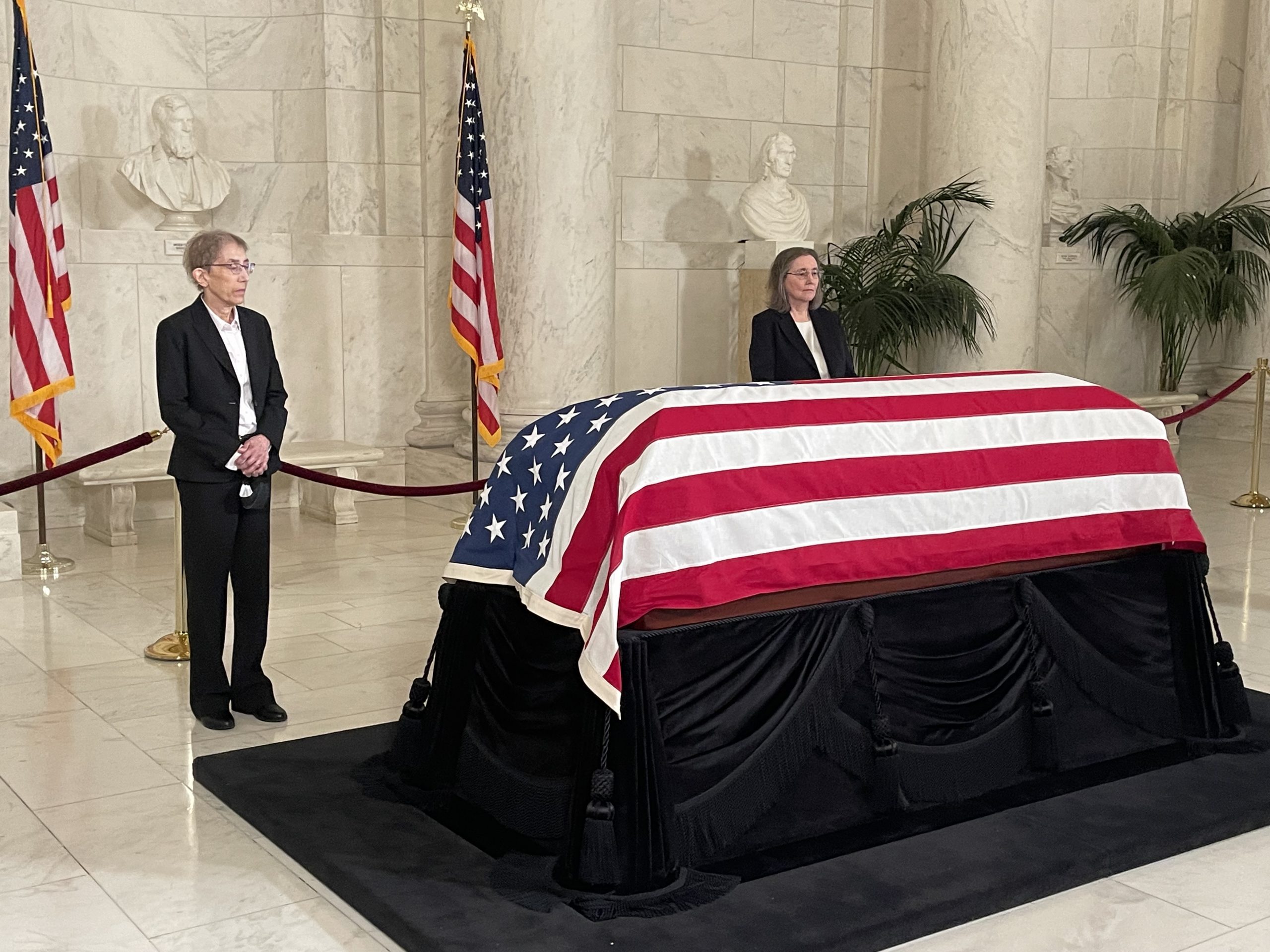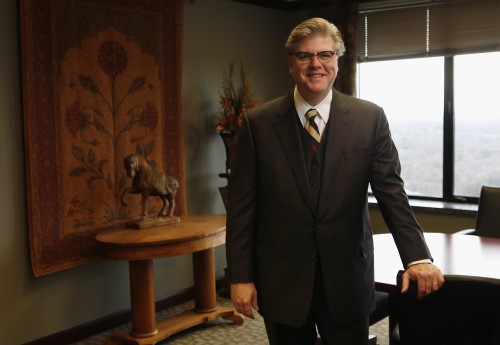The Role of a Personal Representative in Alabama Probate Courts
Losing a loved one can be an emotional and challenging time. One of the most daunting aspects of this period can be navigating the probate process. Central to this probate process in Alabama is the role of the Personal Representative (often abbreviated as PR). But what exactly does a PR do? And how do they fit into the wider framework of probate? Let’s dive into a simple guide on this essential figure.
Who is a Personal Representative?
Think of a Personal Representative as the central character in the probate story. This individual or institution is responsible for ensuring that the deceased person’s estate is managed and distributed correctly. It’s akin to being the steward of someone’s final wishes.
How is a Personal Representative Chosen?
Through the Will: Many people designate their choice for a PR in their last will and testament. Probate courts in Alabama will usually respect this decision, as long as the nominated individual is willing and capable.
Without a Will: If a person passes away without a will (known as ‘intestate’), the court takes the reins. It often selects close family members, such as spouses or adult children, as the PR. It is important to have a probate or family law attorney to help you with the probate process so you have help along the way.
Key Duties of the Personal Representative
- Safeguarding Assets: The PR’s first mission is to gather and protect all of the deceased’s assets. This could mean anything from locking up a property to ensuring a valuable art collection is stored properly.
- Tackling Debts & Taxes: A less glamorous, but utterly crucial task is addressing debts and taxes. The PR makes sure all creditors are informed, valid debts are paid, and necessary tax returns are filed.
- Taking Inventory: Ever tried making a list of everything you own? The PR has to do this for the entire estate, listing everything from property and jewelry to stocks and bank accounts.
- Distributing the Goods: Once all debts are cleared, the PR distributes the remaining assets. If there’s a will, it acts as the guidebook. If not, Alabama’s state laws step in.
- Wrapping Things Up: After all other duties are complete, the PR requests the probate court to formally close the estate, marking the end of their role.
A Few More Nuggets of Wisdom…
Power & Responsibility: While a PR has a lot of authority, this power comes with the duty to always act in the best interest of the estate and its beneficiaries.
Keeping the Books: Every penny that comes in or goes out while managing the estate needs to be documented. Clear records can prevent misunderstandings down the line.
Getting Paid for the Gig: Yes, being a PR is a big responsibility, but it’s not thankless. Alabama laws ensure that PRs can be compensated for their time and effort.
The role of a Personal Representative in Alabama’s probate process might seem complicated, but at its heart, it’s about care, diligence, and honoring someone’s legacy. If you ever find yourself in the role of a PR or are part of an estate going through probate, remember to seek guidance when needed. Many Alabama probate and elder law attorneys specialize in this area and can be invaluable guides through the journey.
Attorney Steven A. Harris regularly blogs in the areas of family law, bankruptcy, probate, and real estate closings on this website. Mr. Harris tries to provide informative information to the public in easily digestible formats. Hopefully you enjoyed this article and feel free to supply feedback. We appreciate our readers & love to hear from you!
Sharing is caring:







